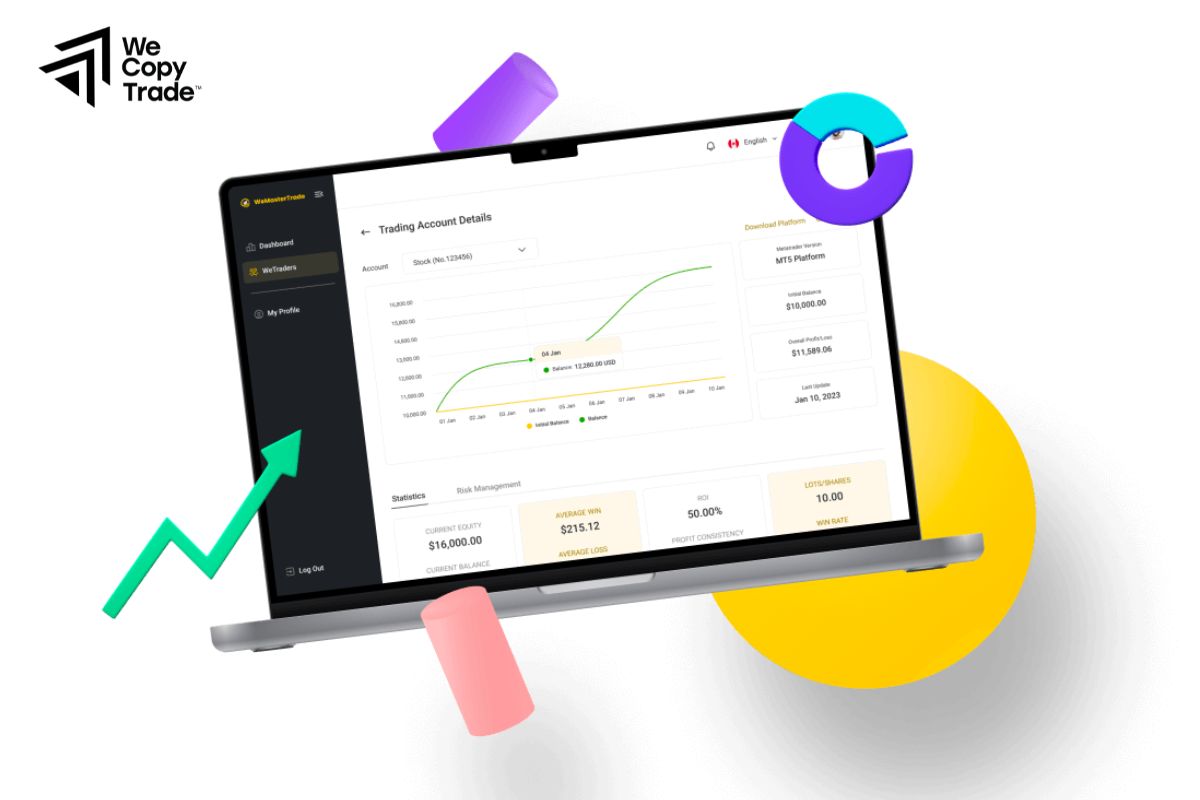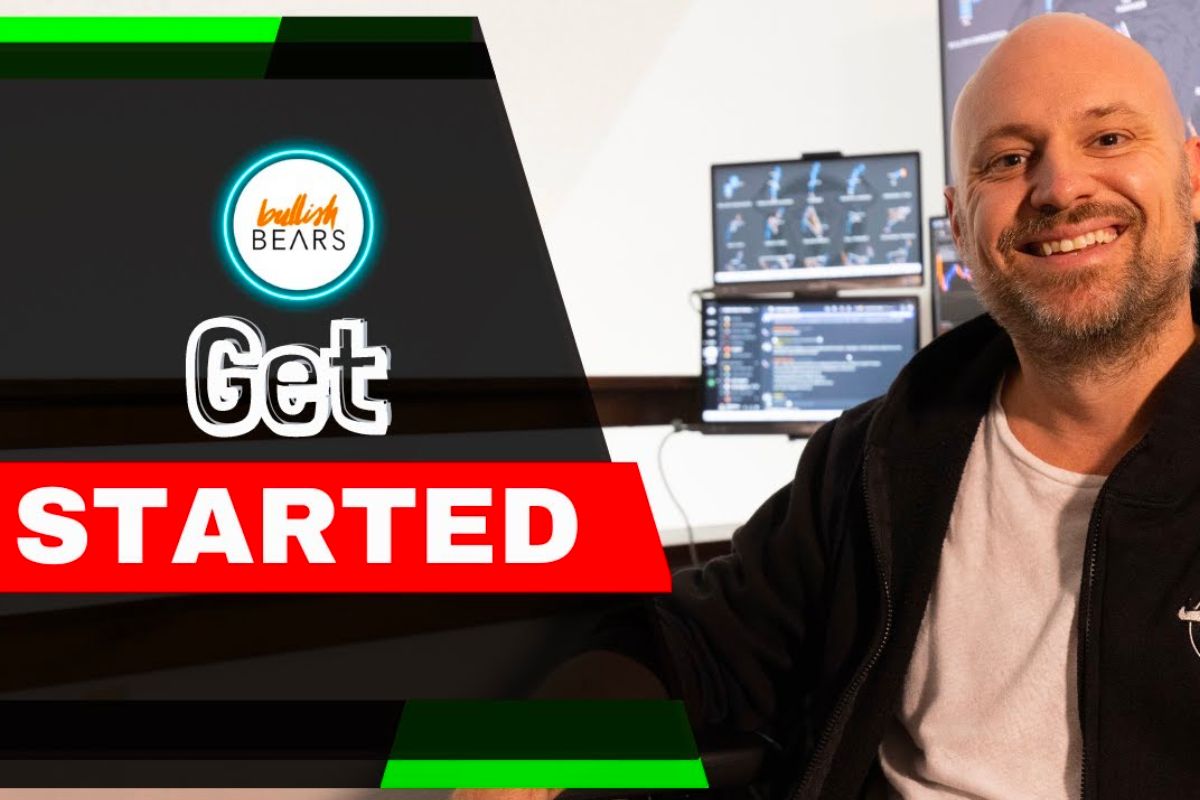
Millions of individuals from all over the globe are drawn to the stock market. It is a fantastic method to make money while staying at home by spending a few hours of your day. Stock training courses are rapidly being launched due to high demand. So, how effective are such courses?
What is a Stock Training Course?
Stock training classes are courses set up by individuals, groups, and enterprises to give vital knowledge about the stock market to those looking to invest. These courses often include a wealth of information and are grouped into various sorts of investments and teaching techniques.
Some types of trading commonly found in stocks training
- Scalping: This day trading approach, also known as micro trading, includes more than one trade transaction in a day with the possibility for tiny earnings. Scalpers deal in stocks, commodities, and foreign currency. Scalping traders must have a solid exit plan in place to prevent incurring a significant loss in the hopes of achieving multiple modest wins.
- Momentum trading: In this trading approach, traders use momentum to help them make a winning deal. The momentum trading approach entails traders identifying the direction in which stocks are moving in large quantities and riding the momentum to profit.
- Swing trading is a fundamental trading approach in which fundamental traders try to capture gains in a stock, commodity, or investment over a few days or weeks. Traders employ technical analysis to uncover prospective trading opportunities in this strategy.
- Position trading: The trader in this trading method keeps a position in a stock or other financial instrument for an extended length of time, which may range from weeks to years. Position trading concepts differ from those of day trading.
Is Stock Training Course Helpful for Your Trading Activities?
To answer this issue, you must first grasp the pros and cons of a stock training course. Each event has benefits and cons, depending on one’s viewpoint and circumstances.

Benefits
Gain knowledge
Stock trading courses provide systematic and thorough instruction on a variety of trading subjects such as fundamental analysis, technical analysis, risk management, trading, copy trading methods, and market dynamics. They can assist you in developing a solid foundation of knowledge and comprehending the complexities of the stock market.
Development of Practical Skills
Courses often contain practical exercises, case studies, and simulated trading environments that help you apply what you’ve learned. This hands-on experience may assist you in developing and honing your trading abilities, such as entry and exit strategies, trade execution, and portfolio management approaches.
Expert Advice
Many stock trading courses are taught by experienced traders or industry experts who may provide significant insights, advice, and mentoring. Their knowledge and practical experience may assist you in navigating the complexity of trading, avoiding frequent traps, and gaining practical insight.
Networking Possibilities
Enrolling in a stock training course might allow you to network with other traders, teachers, and industry professionals. Networking with like-minded people may broaden your knowledge, introduce you to new viewpoints, and perhaps lead to future partnerships or mentoring possibilities.
Risk Management and Discipline
Stock trading courses stress the need for risk management and trading discipline. You may build a more disciplined approach to trading and lessen the chance of impulsive or emotionally-driven choices by learning about correct risk assessment, position size, and trade management strategies.
Developing Confidence
Trading may be scary, particularly for beginners. A well-designed stock trading course may help you gain confidence by providing you with a thorough grasp of the market’s methods and approaches. Increased confidence may result in better decision-making and more successful trade execution.

Ongoing Learning and Updates
The stock market is dynamic and ever-changing. Stock trading courses often provide access to continuous materials, updates, and assistance to keep you up to speed on new developments, developing trends, and market conditions. This allows you to remain current and adjust your trading strategy appropriately.
Disadvantages
Learning is seldom incorrect or has negative consequences, particularly in investing classes. There will, however, be certain things to consider if you study in the incorrect style or with the wrong purpose.
- Bend time even though you study but don’t do it
- It is a waste of money to study without a true need or investment, merely to know
- There are several high-quality investing courses available, so select cautiously or try them out first.

To become a great and excellent trader, you must first have a thorough grasp of trade and the tactics for making a profit in stock trading. To receive the greatest outcomes from trading, you should enroll in a solid stock market training program. It is vital and advantageous for any serious and energetic individual to make a solid return from the stock market while avoiding danger.
Top 5 Stock Training Course
One of the greatest stock training courses for your requirements is listed below.
WeMasterTrade
WeMasterTrade‘s course, unlike other courses, is part of the Funded Trading Program. Members in sponsored trading programs do not spend their own money; rather, they have access to money given by the supported organization. Profits from successful transactions will subsequently be divided according to a prearranged agreement between the corporation and the trader.
Pros
- Free course
- Through WeCopyTrade’s copy trading platform, you may have access to the greatest provider
- Given a fully funded trading account
- Supported 24/7
Cons
- Basic course
- No chat room

Investors Underground
By a wide margin, Investors Underground (IU) provides the most comprehensive service. It’s one of the top 5 finest overall stock trading courses because of the well-defined learning path.
Pros:
- Long-standing company with a great reputation
- A large and lively chat room
- Access to mentors, including the founder
Cons:
- The price is on the high side about $997 with no trial
- Trading classes may be purchased separately from the main membership for roughly $1,000.
Udemy
Udemy has a large variety of novice stock trading courses at very affordable pricing, making it our pick as the top course source for newcomers. Udemy’s low pricing makes it an appealing option for anybody looking to test whether stock trading is for them without investing too much money.
Pros
- Low costs
- Courses that are comprehensive
Cons
- Extensive course selection
- There is no possibility of practical implementation
- No chat rooms
- No coaching
Bullish Bears
Bullish Bears provides a full package, ranging from self-paced courses to community-based teaching and trading room experiences. The seminars may assist you in getting started or mastering certain areas, and they offer a paper simulator so you can test your ideas without danger. However, many students will benefit much from the live trade room and streaming video as well—learning about trading is one thing, but seeing it done in front of you may be far more important.

Pros
- Courses on many subjects are accessible without a membership.
- Monthly and yearly subscriptions are reasonably priced.
- Membership includes live trade room access, live trading guidance, trade notifications, and other benefits.
Cons
- No free trial period
- No refund
Skillshare
Many schools incorporate technical analysis as part of their curriculum, however there are numerous highly rated Skillshare courses that concentrate only on this ability. You must pay to become a member of Skillshare, but that subscription includes access to the whole library of Skillshare courses; you may check it out for free for a month to see whether it’s a good match. Because of these advantages, we believe Skillshare is the finest online stock trading school for technical analysis.
Pros
- Almost 7 hours of content
- Discover a broad range of chart patterns.
- Good feedback from students
- One low-cost subscription grants access to hundreds of courses.
Cons
- No trading room or live teacher.
- Individual lessons are not available for purchase.
- To access the course, you must keep your Skillshare subscription active.
Conclusion
It is essential to have training before joining the world of stock and trading markets. It is essential to have a comprehensive and in-depth grasp and expertise in order to achieve success in this sector.
When it comes to the stock market, it is a company that has both profit and loss, and the possibility of loss is greater if you are not properly trained or cannot anticipate the market correctly based on the available data.
The stock market’s increasing grandeur is luring millions of traders from all around the globe. If you get instruction from a competent institution, you should have a complete technical analytical understanding of trading stocks, their trends and patterns, and projected price movement.
WeMasterTrade offers a variety of incentives, as well as stock training courses and blogs that give in-depth information to traders. You may sign up to try it out at https://wmt.wecopytrade.com/.





